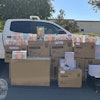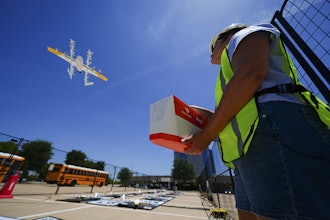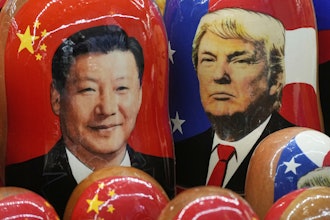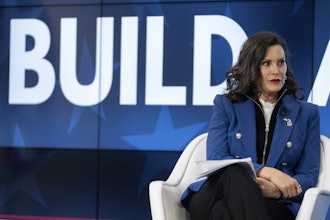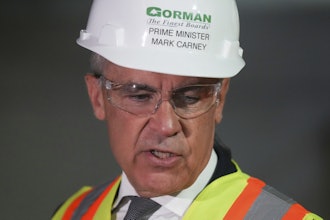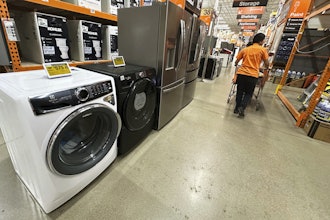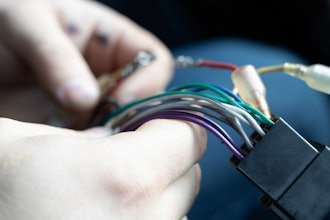A recent analysis suggests that a tax reform proposal supported by House Republicans could force automakers to raise prices in the U.S. — but could also lead companies to bolster their manufacturing in the country.
The House GOP plan, which is reportedly gaining support within the Trump administration, would impose "border adjustment" in order to fund sweeping reductions in individual and corporate taxes.
Border adjustment would end deductions for imports as business costs while exempting exports. Proponents believe it could generate some $1 trillion in revenue over a 10-year period.
Critics, however, argued that the proposal would hurt businesses that rely on imports and could raise prices for consumers on a wide range of products.
Bloomberg reports that the recent study by Baum & Associates projected that most automakers would need to raise their prices by thousands of dollars to offset the costs of border adjustment.
Jaguar Land Rover, which imports all of its high-end cars and SUVs into the U.S., would see by far the largest impact at an average increase of $17,000 — more than double that of second-place Volvo.
Volkswagen, Mitsubishi, Mazda and Mercedes-Benz would each need to charge between $4,000 to $8,000 more under the plan, followed by BMW, Subaru, Hyundai-Kia, Toyota and Nissan at between $2,000 and $4,000.
U.S. automakers Fiat Chrysler, General Motors and Ford — along with Japanese rival Honda — would need to increase their prices by the lowest amounts; Ford prices would rise by an average of $282, while second-lowest GM would need to raise prices by nearly $1,000.
Baum & Associates founder Alan Baum told Bloomberg, however, that automakers would likely raise their prices by smaller amounts and attempt to absorb the remaining cost of the tax.
Electric automaker Tesla, which makes its vehicles in California, would not be impacted.
Bloomberg suggested that border adjustment could prompt more automakers to consider establishing operations in the U.S., and that companies currently manufacturing in the U.S. could shift production away from Mexico or Canada if vehicle sales begin to struggle.
Although the administration and House Republicans are largely on board with border adjustment, reports suggest that passage is far from assured. Numerous prominent businesses are lined up against it, and economists noted that border adjustment would result in a stronger dollar.
Proponents believe that stronger currency levels would help offset the increased cost of imports, but a strong dollar also makes U.S. goods more expensive in foreign markets — which exacerbates trade deficits and tends to hurt domestic manufacturing.



